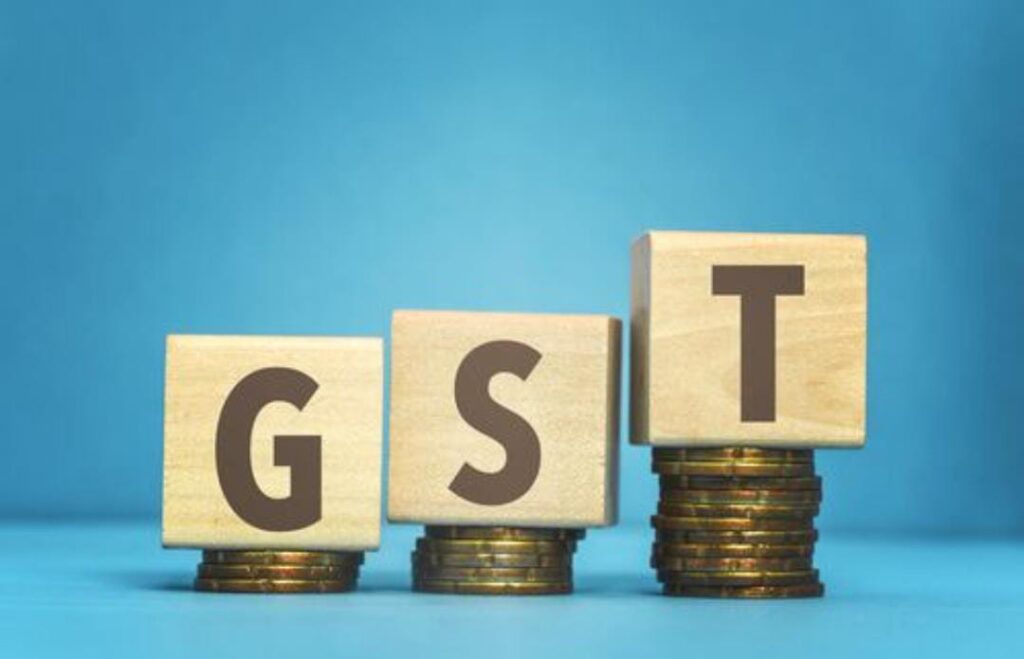
GST Council Meeting on June 22: Key issues on sunset clause, monetary limits, and sector clarifications
By: Admin
June 20, 2024
Categories: GST Recent News
4 Min Read

As the GST Council gears up for its meeting on June 22, several major issues are on the agenda that could significantly impact the regulatory landscape for businesses and taxpayers alike. Sources indicate that the Council may introduce a sunset clause for anti-profiteering cases, setting a termination date of April 1, 2025.
This move is seen as a step towards streamlining the adjudication process, especially as the Competition Commission of India (CCI) has struggled with handling these cases due to a lack of expertise. Consequently, anti-profiteering matters might be rerouted to the Principal Bench of the GST Appellate Tribunal (GSTAT) for resolution.
Sources further told CNBCTV18 that the GST Council will likely set monetary limits for cases to be taken up by the GST Appellate Tribunal (GSTAT), High Courts, and the Supreme Court.
The Council may consider approving the Law Committee’s proposal to set a monetary limit of ₹20 lakh for cases to be handled by the GSTAT, ₹1 crore for High Courts, and ₹2 crore for the Supreme Court. Additionally, the Council may prepare a database to track the latest status of these cases.
The Council might introduce a new form, GSTR-1A, intended to facilitate amendments and declaration of additional details to FORM GSTR-01. This new form is expected to enable the locking of FORM GSTR-3B based on the data provided in FORM GSTR-01.
The GST Council should consider reducing the tax Collected at Source (TCS) rate for supplies made through e-commerce operators from 1% to 0.5%.
Additionally, the Council is expected to issue clarifications on the taxability of corporate guarantees between related persons, likely outlining eight specific scenarios to provide clarity on a case-by-case basis.
Furthermore, the Council may clarify the tax implications of the reimbursement of securities or shares, such as ESOPs, ESPPs, and RSUs, provided by a company to its employees.
The Law Committee proposes that no supply of service appears to be taking place between a foreign holding company and a domestic subsidiary company when the foreign holding company issues ESOPs, ESPPs, or RSUs to the employees of the domestic subsidiary company.
In such cases, the domestic subsidiary company reimburses the cost of these securities or shares to the foreign holding company on a cost-to-cost basis. However, if an additional fee, markup, or commission is charged by the foreign holding company from the domestic subsidiary company over and above the cost of the securities or shares, GST would be leviable only on the additional fee, markup, or commission charged.
This additional amount should be considered for the supply of services to facilitate or arrange the transaction. In such cases, GST shall be payable by the domestic subsidiary company on a reverse charge basis for the said import of services.
Additionally, the GST Council will likely clarify the GST applicability on the wreck and salvage values in motor insurance claims. The Council is expected to clarify that when the salvage value is deducted as a compulsory deductible from the claim amount, as mentioned in the contract, the insurance companies are not liable to pay GST.
However, suppose the insurance claim is settled for the total claim amount without deducting the value of salvage or wreck as per the contract. In that case, the insurance company will be required to pay GST.
The GST Council will likely clarify the tax implications on wreck and salvage values in motor insurance claims. It is expected that where general insurance companies deduct the value of salvage as compulsory deductibles from the claim amount, as stipulated in the contract, these companies will not be liable to pay GST.
However, suppose the insurance claim is settled for the whole claim amount without deducting the value of salvage or wreck, as per the contract. In that case, the insurance company will be required to pay GST. The GST Council is expected to clarify the GST treatment of extended warranties provided by manufacturers to end customers.
Sources have informed CNBC-TV18 that the GST Council will likely rationalise the pre-deposit amount required for entering the first and second stages of appeal, addressing critical industry issues.
The Council is expected to propose that the quantum of pre-deposit for filing an appeal with the appellate authority be set at 10% of the disputed tax, with a maximum of ₹20 crore each for CGST and SGST, and ₹40 crore for IGST.
Additionally, the amount of pre-deposit to be paid for filing appeals in the Appellate Tribunal is proposed to be reduced to 10% of the disputed tax or a maximum of ₹20 crore for CGST and SGST, and ₹40 crore for IGST.
Source from: https://www.cnbctv18.com/economy/gst-council-meeting-on-22-june-